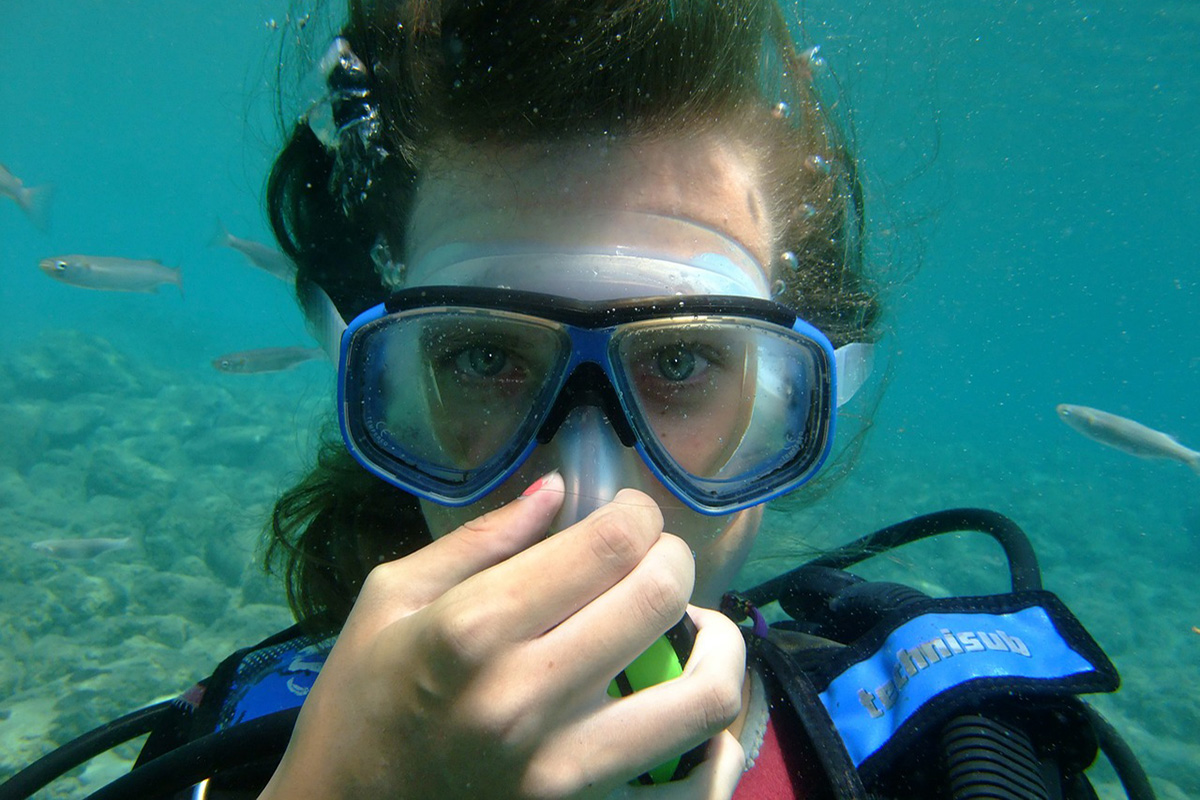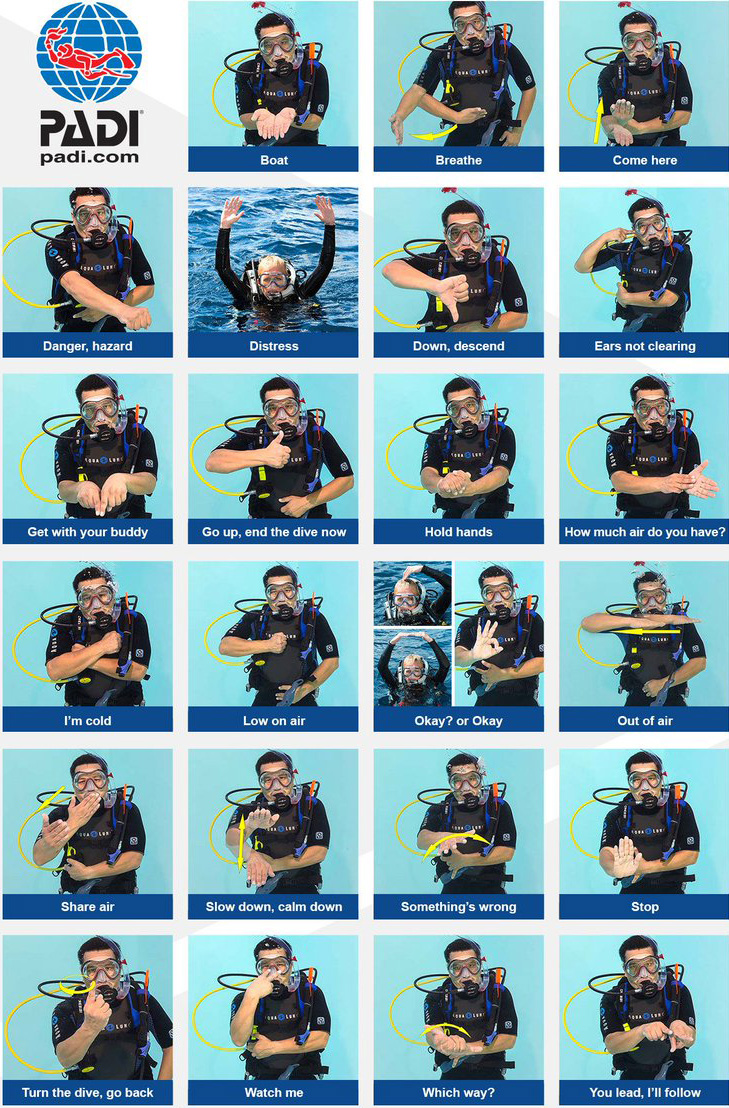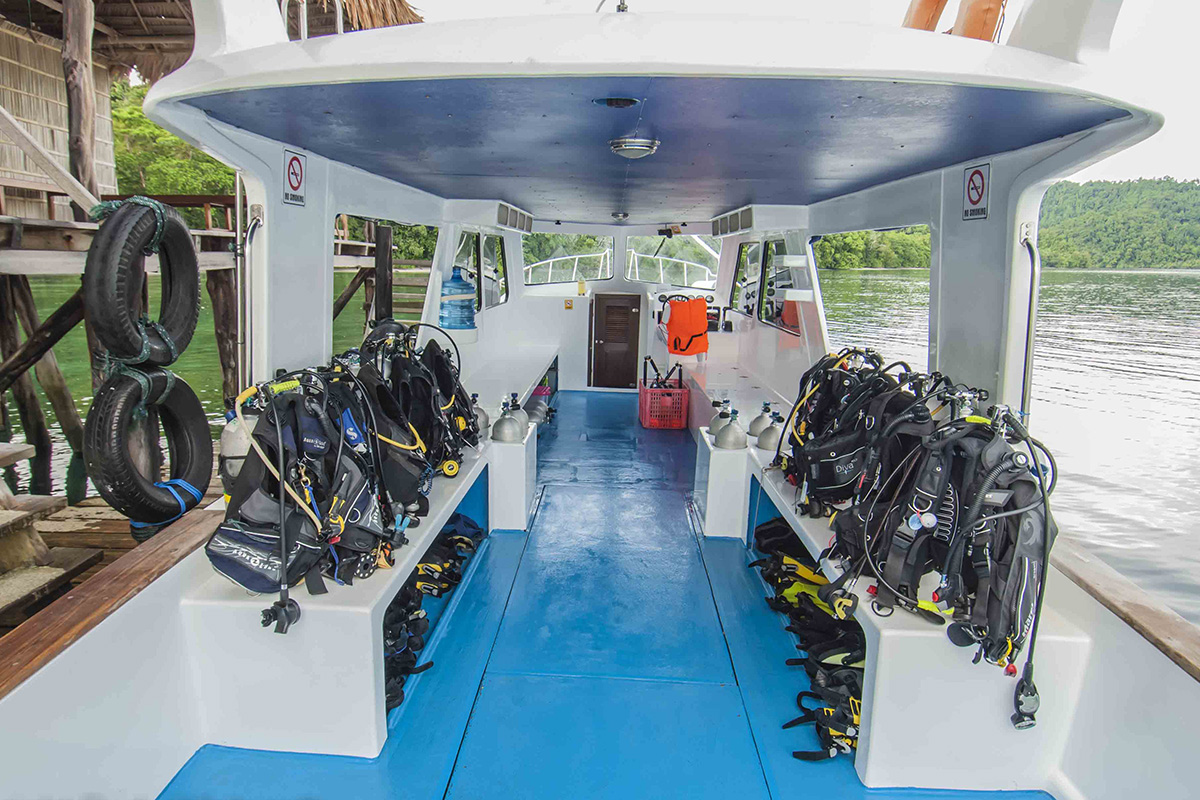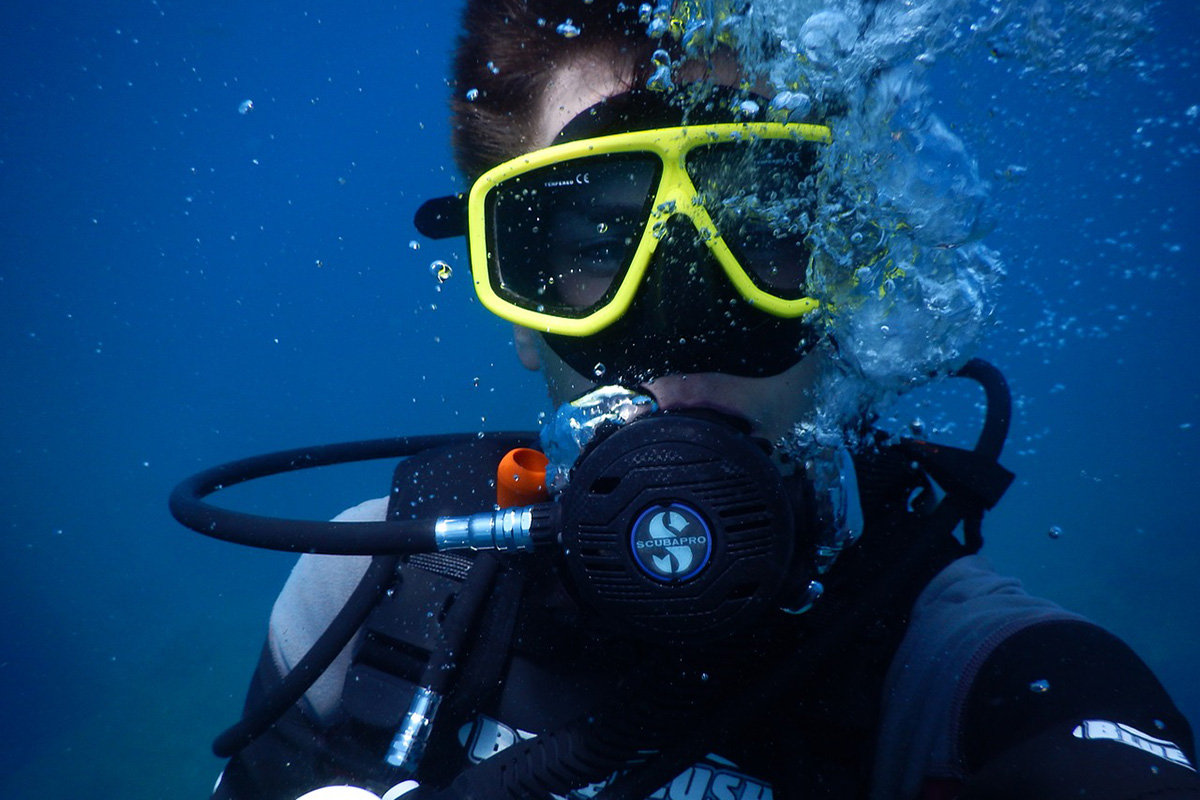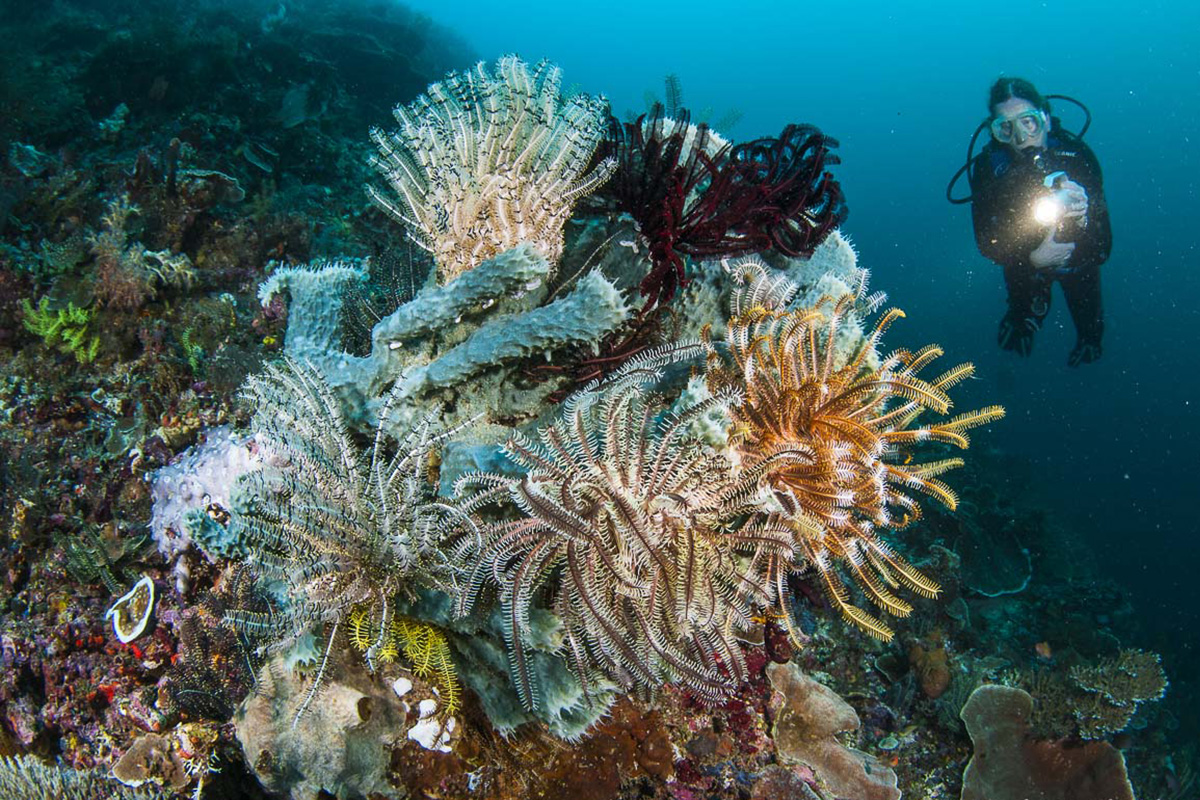Refreshing Your Dive Skills Before Your Raja Ampat Dive Trip
Diving in Raja Ampat can be a lifelong dream for some scuba divers. Because the region is quite remote and conditions can be challenging it’s not recommended for beginner divers. Even experienced divers might want to brush up on their dive skills if they haven’t been diving for a while. If you’d like some tips on how to get ready for your dive trip to Raja Ampat we have a few to share.
Take Time to Review
When you took your very first scuba course one of the first things you will have learned was how pressure and density affects divers. Can you still remember all the details? If you can’t really remember, it’s probably time to refresh even if it seems automatic to you now.
You know that as you descend the pressure around you increases due to the weight of water pressing down on you. This is why we need to equalize the pressure inside our body to the pressure outside. Below is a simple illustration of depth and pressure.
To understand how the pressure or weight of the water pressing on us affects the density of air in our cylinder we must review Boyle’s Law.
The deeper you go the more air compresses. Boyle’s Law says that Air Volume = 1/ Pressure
If you’re terrible at maths, here is an example. If the pressure is 2 ATA, then the volume of the compressed air is ½ of its original size at the surface.
Know Your Hand Signals
You will also have learned scuba diving hand signals when you first took your dive certification. These are a universally used set of hand signals that are used to communicate underwater. They keep you and your dive partners in touch with each other and safe.
If you’ve been diving regularly you will have been using these signals, but if it’s been a while since your last dive you’ll want to practice them. Below is a graphic of the most commonly used PADI hand signals you need to know.
Assemble Your Gear
If you have your own scuba gear you’ll want to make sure everything is in good repair and you remember how to assemble it. If you don’t have your own gear and are worried you might need to refresh, Gangga Divers at Papua Paradise Eco Resort will run through it all with you when you arrive in Raja Ampat.
Often you will remember the procedures as soon as you start to set up the gear and your confidence will come straight back.
Practice Basic Skills
There are 3 skills that you must be confident with when you dive. Even experienced divers have momentary lapses in memory, so practice these 3 skills before you get in the water to keep them fresh in your mind.
1.Clearing your regulator
Whether you use a blast clearing or purge clearing method, you should practice this skill. Whichever method is easiest for you, you must be confident to clear your regulator. This is especially important in the case of your regulator being knocked out of your mouth while you are underwater.
2. Sharing an air source
If you or a dive partner runs out of air you will need to be able to safely share an air source. The first thing to remember is the hand signal to tell others you’ve run out of air and then you should know where their secondary air source is (although they will most likely offer it to you). Once you have air again, follow standard procedures to safely surface together.
3. Clearing your mask
Clearing your mask is one of the first skills you’ll learn as a diver. It’s quite easy on the surface but you also need to know how to clear it underwater. This entails exhaling through your nose in a long steady breath to push the water out of your mask. You can practice this in the pool but it’s also good to give it a go when you’re in open water as well.
All these skills may seem like basics, but it is absolutely essential that you can do them in a calm manner in real life situations. When you’re on challenging dives in Raja Ampat you will want to make sure each of these basics is second nature. If you have any questions about dive skills, leave us a comment in the box below.

